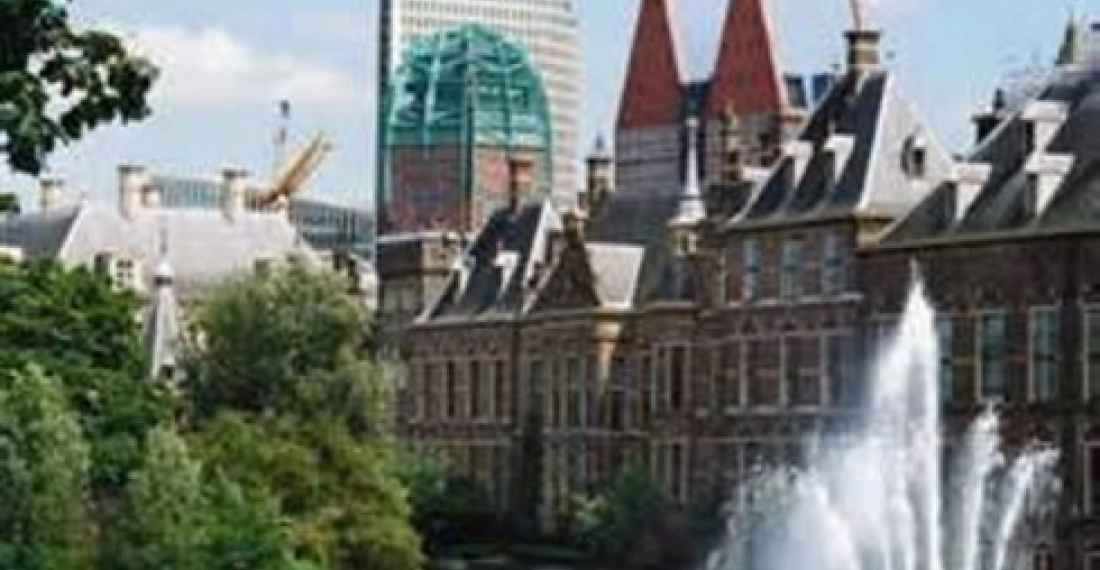World leaders are gathering in the Dutch capital The Hague for a nuclear safety summit which has been long in the planning. The topic of the summit is important enough but the summit has assumed even larger importance in view of the current crisis in Ukraine, and Russia's actions which are seen as having badly damaged the international system that regulates relations between nations.
The summit will be attended by President Barak Obama of the United States and President Xi Jinping of China, as well as European leaders amongst others. In view of the current crisis over Ukraine a number of side meetings have been scheduled, including a meeting of the G7 group. This will be the first time world leaders will be meeting face to face since the Ukraine crisis erupted. From this meeting the second wave of global responses to Russian aggression in Ukraine is likely to emerge. Russia will be represented in the summit by the Foreign Minister Sergei Lavrov who is likely to encounter a chilly reception.
Whilst there is a clear determination, on the part of western leaders at least, that it should not be business as usual with Russia in the future, there is still a lot of ambiguity about how to deal with Russia on a range of other issues on which there had been close co-operation in the past. One such issue is the resolution of the Nagorno-Karabakh conflict. The leaders of both Armenia and Azerbaijan will also be in the Hague, accompanied by their Foreign Ministers. The process entrusted to mediate a solution of the conflict - the so called OSCE Minsk Process - is headed by France, Russia and the United States, and a good level of co-operation between diplomats of the three countries has been reported in the past.
In Hague they hope to organise another meeting between president Sargsyan of Armenia and president Aliev of Azerbaijan, or failing that one between their foreign ministers, and a lot of largely behind the scenes activity has been going on in this direction. There is a sense that the Minsk process should be insulated from the current problems between Russia and the western countries led by the US, but given the proximity of the issues to those that impact the Karabakh conflict this is likely to prove difficult.
On the other hand both Armenia and Azerbaijan may feel that given the current international situation, and the dangers that it creates to their own countries, this may be a good time for a grand gesture so the timing may offer an opportunity as much as it creates obstacles.
So for the next days all eyes will be on Hague to see how world leaders are proposing to proceed.
source: commonspace.eu
photo: The skyline of the Dutch Capital, The Hague where world leaders are gathering for a summit on nuclear safety.







